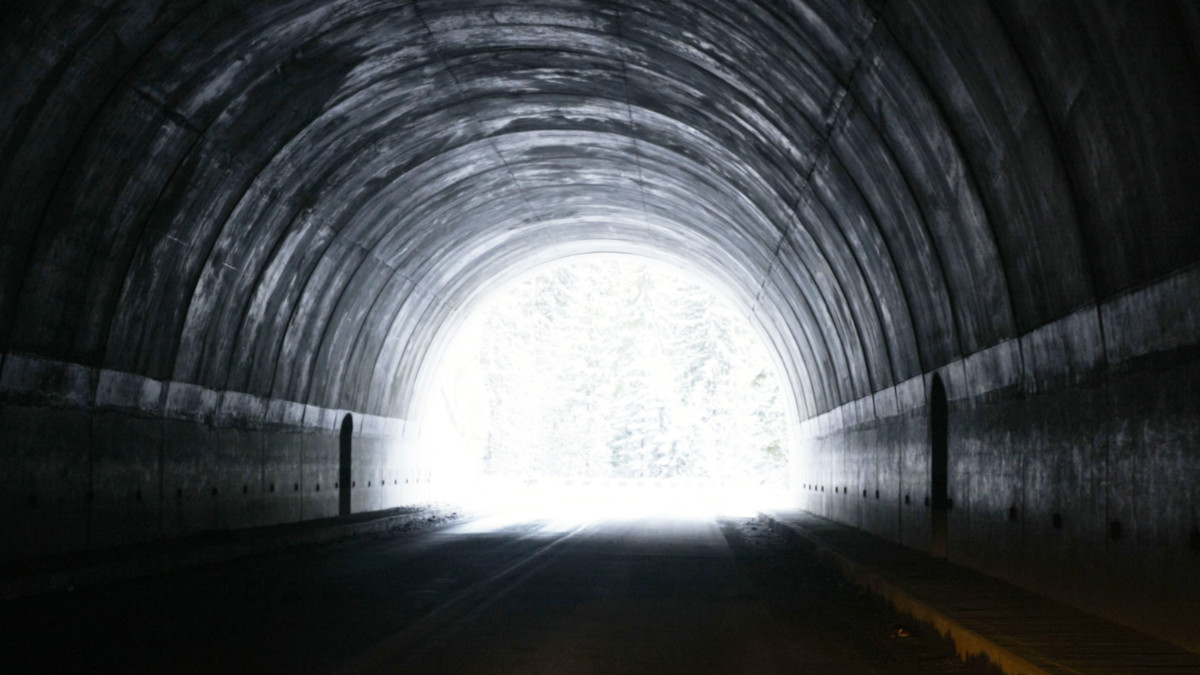Patience, analysts reckon there’s light at the end of the coronavirus tunnel

The ASX has lost over 20 per cent in two weeks but analysts say long-term investors should stay put.
None are hiding from the fact that the crisis is serious and things could get worse before they get better. But they promise there’ll be light at the end of the tunnel.
John Birkhold, partner at Origin Asset Management, said investors just needed perspective.
“For Australians, who’ve gone over 20 years without a recession, it’s easy to forget what can happen when things go bad,” he said.
“Long-term investors need to remember that in turbulent waters, it’s usually best to stay in the boat rather than trying to change strategies.”
Birkhold noted markets typically fell 30 to 40 per cent during recessions. He also said the only virus controlling measure that seemed be working was shutting down the economy.
“By definition [quarantine] requires individuals to not consume at normal levels and recall that consumers typically represent around 70 per cent of most developed economies,” he explained.
But things will get better, according to Birkhold.
“On a positive note, this will be transitory and we will eventually come out the other side once science is able to mitigate nature’s damage,” he said.
“Well-managed companies with low financial leverage and reasonable market expectations should be in a position to benefit and increase their market share.”
Look at individual stocks, not the whole market
Dan Gilham from Wealth Within also argues investors need to hold their ground. He also believes investors need to consider individual stocks rather than panic sell just because of the market direction.
“To me, if you have good solid rules, statistics prove you’ll make good money. So protect your downside risks but don’t just sell because you think something might be happening,” he told Stockhead.
“[Investors] look at the whole market – not individual stocks. Do your analysis on that because stocks may go the other way to the market. Don’t make emotional knee-jerk reactions to it.”
Gilham says there are signs from China and from history that show there’s light at the end of the tunnel.
“There’s two issues, one is the market itself – it’s being dictated to by world economics. Stocks like Apple with all their products in China will be affected more than Google, because Google does not rely on China,” he pointed out.
“But workers in China are getting back to work. Workers need to make money to eat, firms need to employ people to make money and the government wants people paying tax.
“The other issue is the actual virus itself. During that whole two years [of SARS], our market bottomed in 2003 but rose until 2007. So there’s no quick fix, but eventually it has to go back up again.
“I’ve lived through the GFC, tech wreck, ebola, SARS — most of these fall over quickly.”
Gilham did, however, admit that the American economy being shut down similar to China was a risk that could cause further panic.
READ MORE: Billionaire investor Alex Waislitz warns now is not the time for ‘aggressive selling or buying’
The views, information, or opinions expressed in the interviews in this article are solely those of the interviewees and do not represent the views of Stockhead. Stockhead does not provide, endorse or otherwise assume responsibility for any financial product advice contained in this article.
Related Topics
UNLOCK INSIGHTS
Discover the untold stories of emerging ASX stocks.
Daily news and expert analysis, it's free to subscribe.
By proceeding, you confirm you understand that we handle personal information in accordance with our Privacy Policy.








